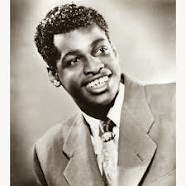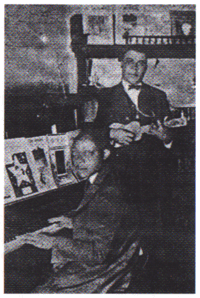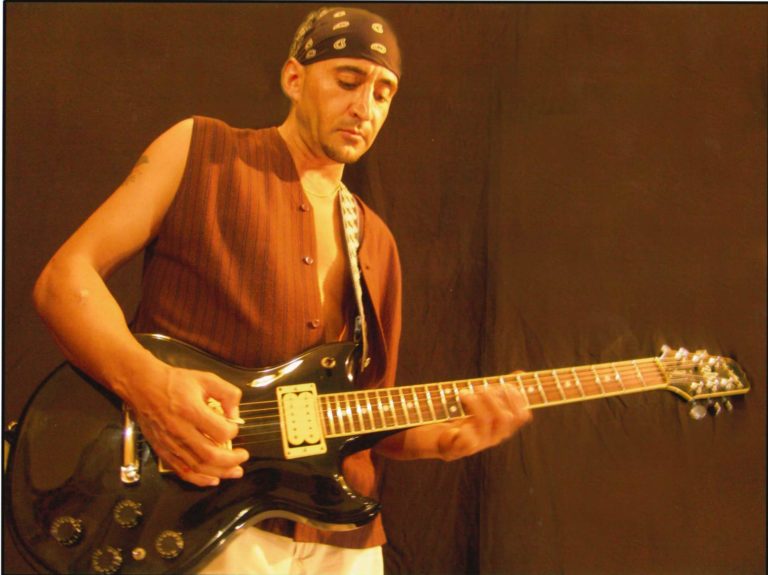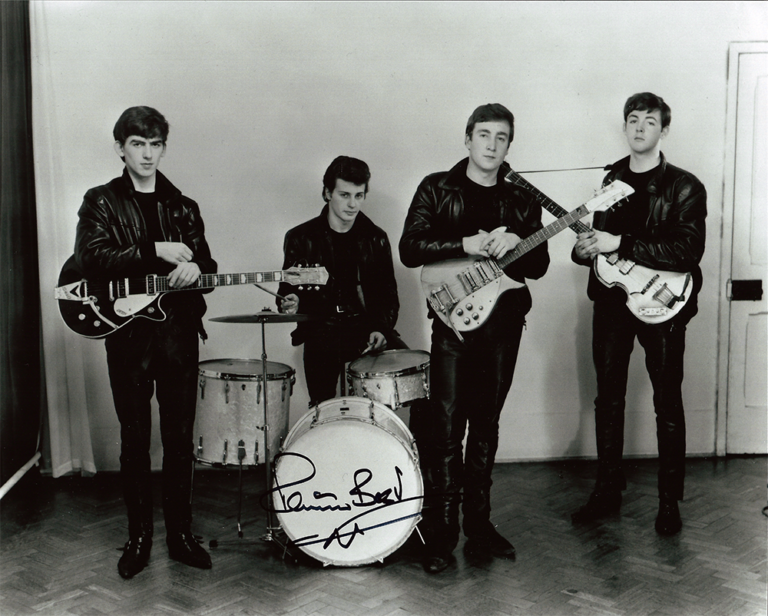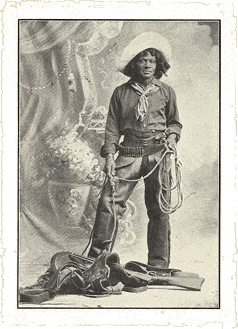Cut Clapton some slack.
Americans should stop abusing Eric Clapton. He was a phenomenally good blues guitarist.
There’s been much hullabaloo recently on social media over racist comments made by the guitarist Eric Clapton while off his head on booze and drugs 42 long years ago. This took place in Birmingham, England, back in 1976.
Since this rant was unveiled in a new film, “Eric Clapton, Life in Twelve Bars”, I’ve noticed American blues fans and musicians talking on Twitter and Facebook of never playing Clapton’s music again. A theme has developed with people saying what an arsehole he is, what a crap blues guitarist he is, how he’s never been any good.
Give the guy a break.
Yes, Clapton was a racist arsehole in 1976, but he was a racist arsehole to many people in 1976, white as well as black. I know because I caught a Clapton concert down under, in Melbourne in 1976. Drunk and belligerent on stage, he insulted his white Australian audience as I’m sure he insulted many audiences during this period.
“Fucking Australians”, he said, masturbating his Stratocaster’s neck at the crowd. “You’re all fucking wankers.” Not being Australian, I wasn’t personally offended by this, but I was embarrassed and annoyed on behalf of my Australian wife. Many in the crowd showed their displeasure and the boos rang out. Clapton then continued his rant against Aussies between numbers. For some reason, this was never reported in the concert’s reviews, although I did write about Clapton’s awful behaviour for Australian Rolling Stone. But this never appeared.
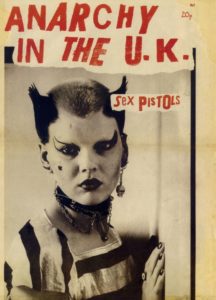
This was the same year as his racist rant in Birmingham, which I’ll try and put in context in a moment. First, let’s at least give Eric Clapton credit for bravely not insisting his tirade be cut from the film.
“I just have to face the guy that I became when I was fuelled on drugs and alcohol,” he said. “It’s incomprehensible to me, in a way, that I got so far out.
“And there was no one to challenge me because I may have become quite intimidating. People said they couldn’t challenge me because I came back twice as strong.”
As I said, Eric was a belligerent bugger on stage.
“The only guy who did (challenge me) was my (then) manager, Roger Forrester. He said to me, ‘You’ve got a problem.’
“He packed me up and sent me off to Hazelden (American rehab clinic). He (Forrester) was the only one who would stand up to me and call me out.”
Eric gave up drugs and booze and never looked back. So why are people persecuting him on social media. It’s not as if he said such things yesterday. Let me compare him to St. Paul, that fanatical Turkish persecutor of first century Christians. After his conversion on the road to Damascus, Saul the bastard became St. Paul. Eric the drunkard also saw the light, many years ago now. Now, sober, Clapton helps black kids damaged by drink and drugs in the Caribbean where he lives, ironically, as an immigrant.
Eric Clapton playing with The Yardbirds aged 19.
So why call Clapton out now he’s changed his ways? Even after St. Paul changed his ways, history’s first god-botherer was still spouting such stupidity as, “I do not permit a woman to teach or assume authority over a man; she must be quiet.”
Nobody calls St. Paul out. Indeed, sadly, many gullible people still take what the old chauvinist said as gospel.
Ironically, on BBC talk-back radio about ten years ago, I heard a second-generation young black woman laughingly tell the host, Jeremy Vine, how her mother, a West Indian immigrant long settled in London, mirrored Clapton’s 1976 rant by saying the same thing about white Polish immigrants to England.
“Send ‘em back. We should send all these Eastern Europeans back,” she told her daughter. “There’s no room for them here.”
Like the daughter, I found such a comment ironically amusing; and mention it only to point out that fear of immigrants isn’t always a race thing. It’s a fear of incomers bringing in different cultures, speaking foreign languages and undercutting local tradesmen like the Poles did in England. (They were cheaper and better.) In England’s case it’s a fear of incomers taking scarce jobs and being handed thin-on-the-ground social housing, jumping the queue because they’ve families.
This worries people, whether the incomers are from another continent or another county. It’s simply human nature.
To me, Clapton was at his peak with Cream, first of the hard-rock heavy-metal groups.
Thirty years ago, after Clapton cleaned himself up and changed his ways, he instigated and helped finance the Crossroads drug rehabilitation centre on the Caribbean island of Antigua in 1998. Eric’s since raised further millions to help black West Indians recover from drug and alcohol addiction by organising benefit concerts, amongst other things.
Clapton’s little-known Crossroads Guitar Festivals in America have seen a who’s who of legendary performers give their services, including BB King, Bo Diddley, Robert Cray, Steve Cropper, Buddy Guy, Honey-boy Edwards, Carlos Santana, Jimmie Vaughan, Joe Walsh and ZZ Top. And they’re just the blues guys.
Ironically, the West Indians Clapton now helps were the very immigrants he complained against in Birmingham in 1976, along with incomers from Africa, India and Pakistan. He was not targeting his vitriol against black Americans (Clapton loved their music and those who played it, so how could he?). He was targeting the waves of immigrants flooding England at the time.
“I made remarks onstage about foreigners (at the 1976 Birmingham show). Being the drunk that I was, I just went on a rant,” Clapton admitted in an interview with American Rolling Stone in December.
So, what exactly did Eric say that night in Birmingham. To put his comments in some sort of context, the booze and drug-addled guitarist was ranting in the city where Enoch Powell’s infamous ‘Rivers of Blood’ speech had rocked Britain eight years earlier, in April 1968. Powell, a British cabinet minister, suggested the majority of immigrants to England didn’t want to integrate, and warned of massive civil unrest in Britain, as was happening in America at the time, if mass immigration of African and Asian inhabitants to the UK continued.
“I think Enoch’s right. We should send them all back. Stop Britain from becoming a black colony. Get the foreigners out,” Clapton drunkenly told that audience in Birmingham 42 years ago.
“I sabotaged everything I got involved with,” Clapton said later. “I was so ashamed of who I was, a kind of semi-racist, which didn’t make sense. Half of my friends were black, I dated a black woman, and I championed black music.”
Take a listen to the 21-year old Eric Clapton playing with John Mayall’s Blues Breakers in 1966.
Such vitriol and hate directed at Clapton is understandable if you don’t know the back story or how long ago it was. But to dismiss Clapton’s talent as an electric blues guitarist great is simply not on.
Eric Clapton, from 1963 to 1970, between the ages of 18 and 25, rated, in my opinion, as one of the most scintillating electric blues guitarists ever.
That giant of the Chicago Blues guitar, Otis Rush, once said, if “Eric Clapton never made another album, he would be in the blues Hall of Fame”. Otis was basing this on the strength and influence of one album alone, ‘Blues Breakers John Mayall with Eric Clapton’, recorded when Clapton was just 21.
If Otis Rush said that, that’s good enough for me. Eric’s track “Have You Heard’ is above.
I defy anyone who listens to it to say Clapton couldn’t play the blues.
“He is still the best in the world, for my money,” blues virtuoso Joe Bonamassa told Britain’s Daily Telegraph in 2015. “I think a musician’s ability to reinvent their playing is the most important quality they could have. Eric’s playing has a depth of life in it now that wasn’t there in 1966. Just listen to Groaning the Blues from the album From the Cradle (1994) and tell me if it is not one of greatest recorded blues solos of time? Or River of Tears from One More Car, One More Rider (2002). He’s just on fire, like he is saying to all kids – beat that! He’s still the man. If he turns up with a new amp or guitar, we all want the same piece of kit.”
Said BB King in 2000 on the collaborate with Eric Clapton on their album, Riding With the King.
“Well, I think we kind of approached each other. People praise me for playing guitar and I know (Eric is) number one. Of rock & roll guitarists, nobody plays better than he does, and he plays blues better than a lot of us. It’s been said many times, ‘Why don’t you and Eric do something together?’ Finally, he found the time, and here we are.


